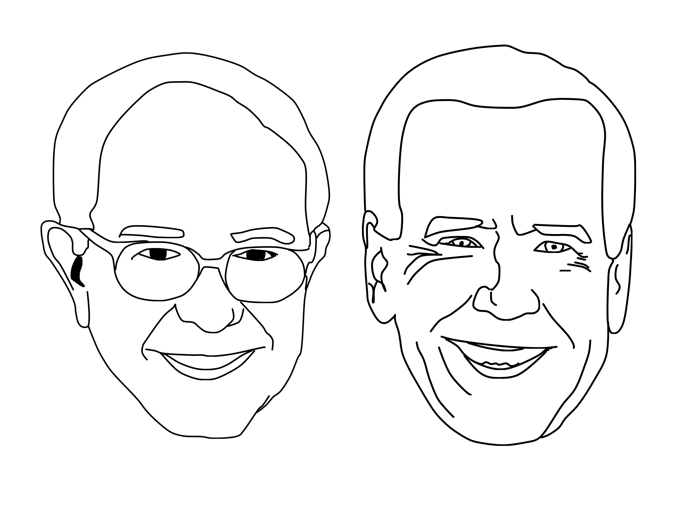
By noon Wednesday, Joe Biden had received 566 total delegates, with Bernie Sanders trailing behind at 501. With 2,764 delegates left to achieve a 1,991 majority, it is becoming increasingly likely that a contested convention with superdelegates and pledged delegates will occur.
Superdelegates consist of 771 politicians, past presidents and Democratic National Committee members (DNC) and differ from pledged delegates in that they can cast their ballots for whomever they want. They could be a deciding factor in the event of a contested convention.
Although there are far more pledged delegates than superdelegates, we should not ignore the power superdelegates hold. Assuming a similar voter turnout for the primaries in 2020 to the 2016 election, one vote from a superdelegate is equivalent to about 6,341 votes from average Americans.
That being said, Sanders is not their top pick. This is concerning because he still has a shot at winning a plurality, which would trigger subsequent rounds of voting until a majority-winner emerged. In this scenario superdelegates would likely stop him from getting the nomination when they begin voting in the second-round (due to a post-2016 rule change, superdelegates no longer vote in the first round).
Refusing to nominate a plurality-winner would reveal another flaw in the DNC and could give President Trump an edge for reelection. In the event of that, the biggest loser of this election would be democracy.
nizhny1@stolaf.edu
Alexia Nizhny is from New York, N.Y. Her majors are philosophy and English.

